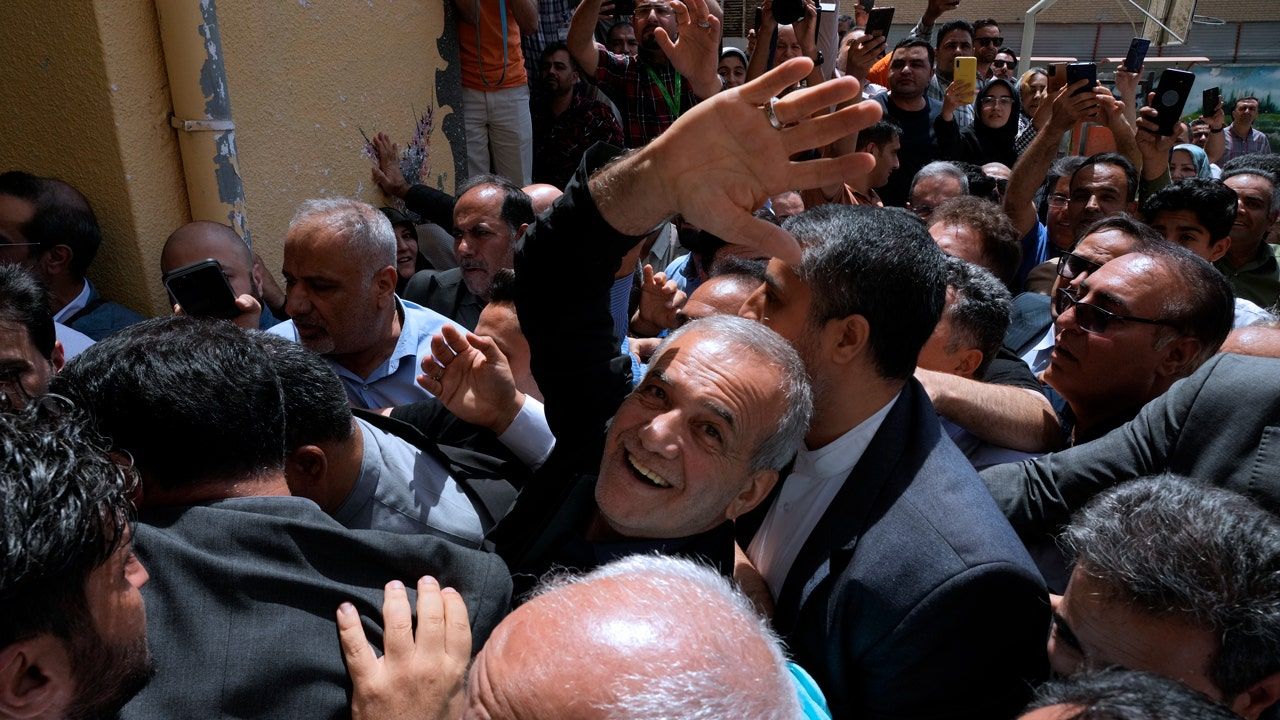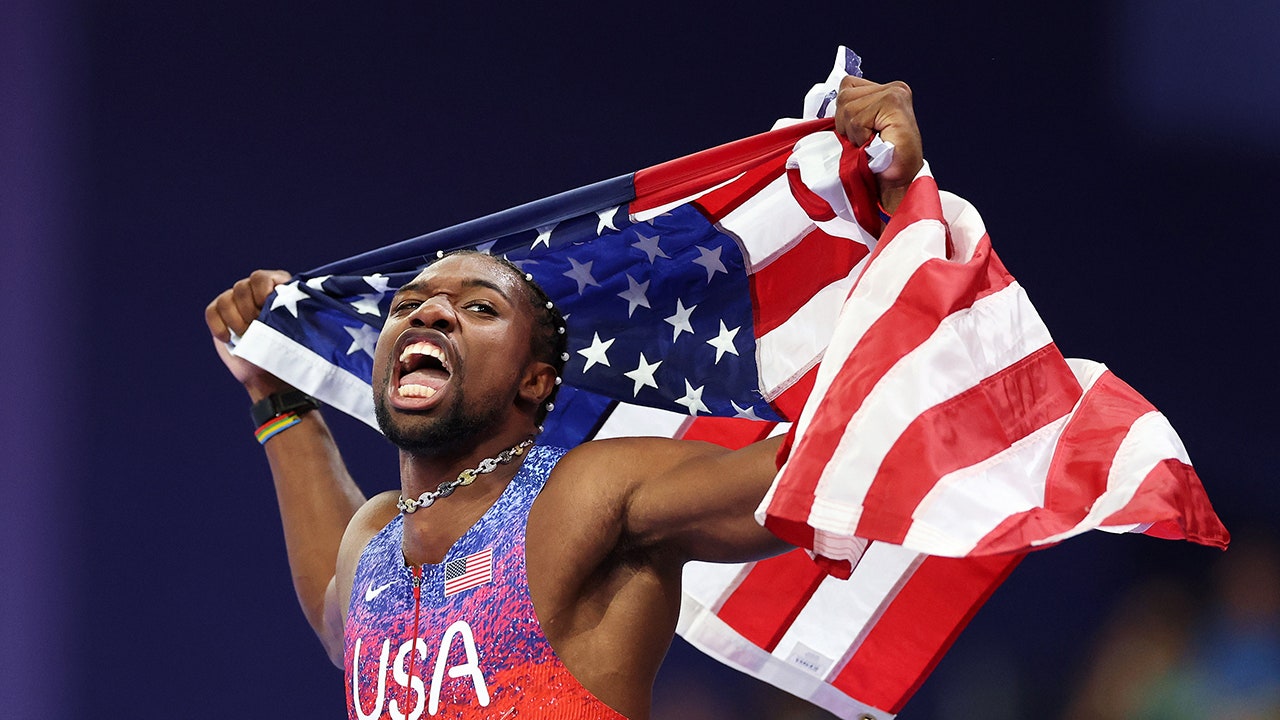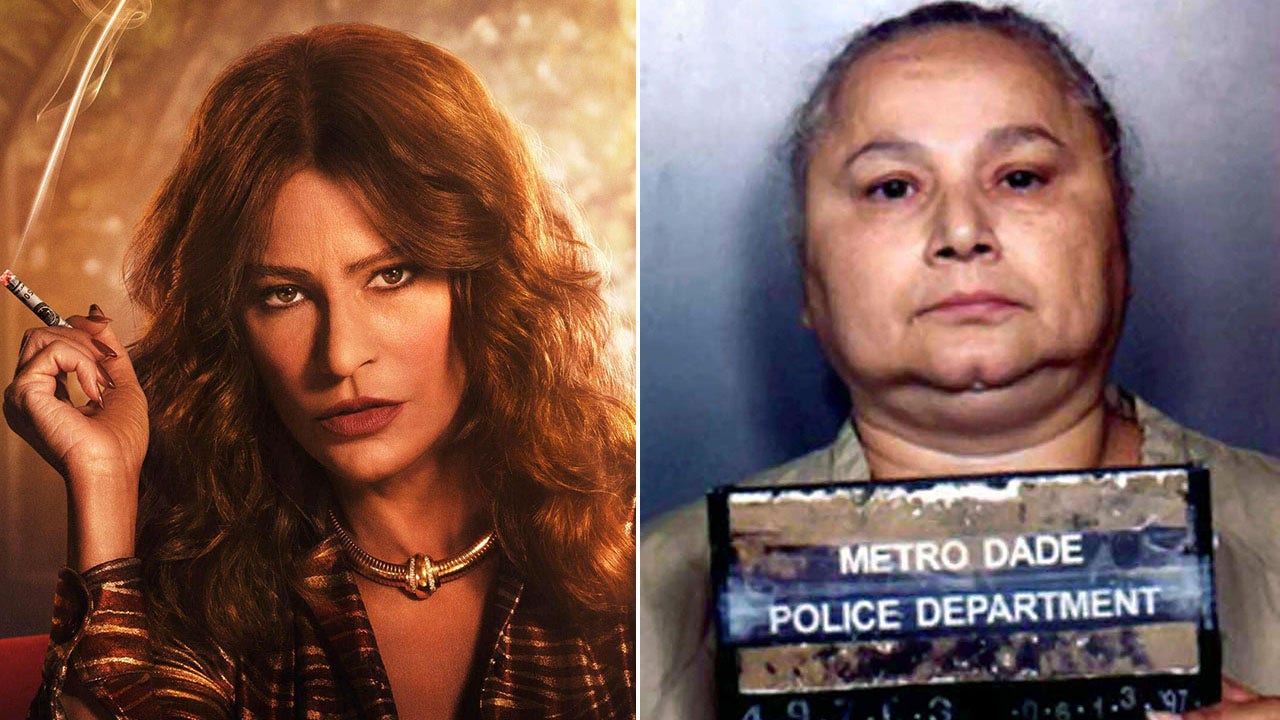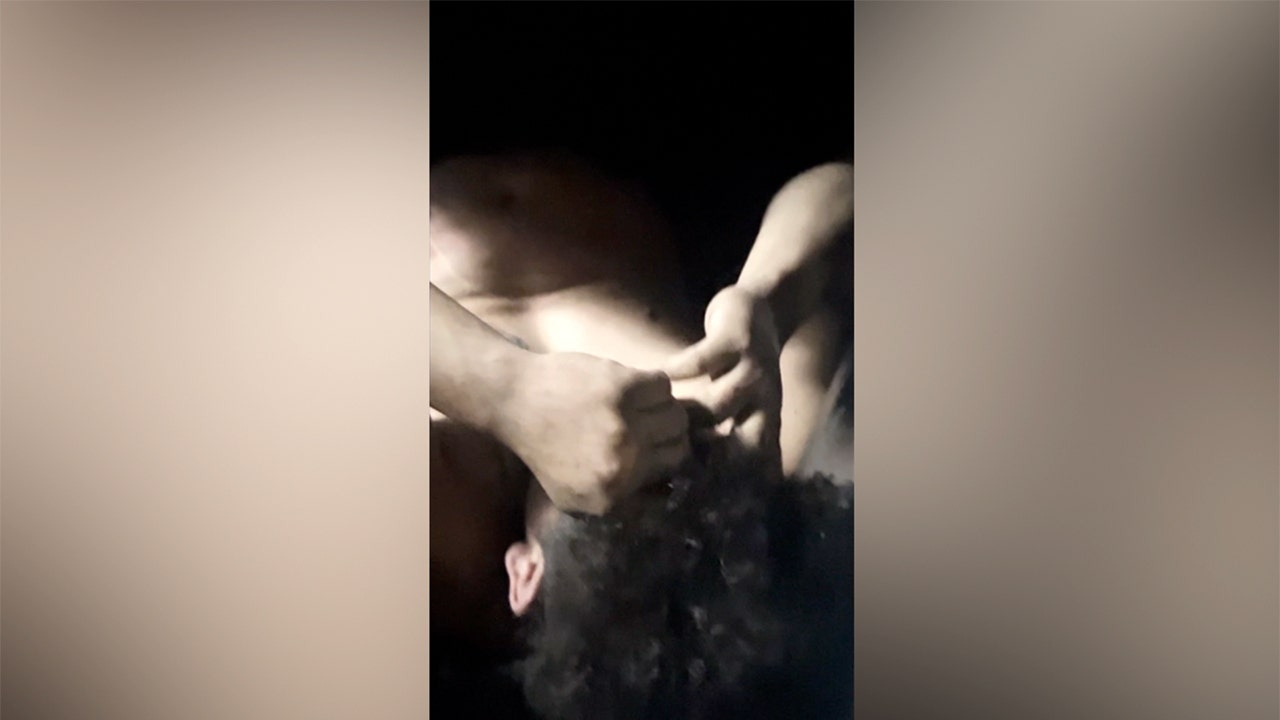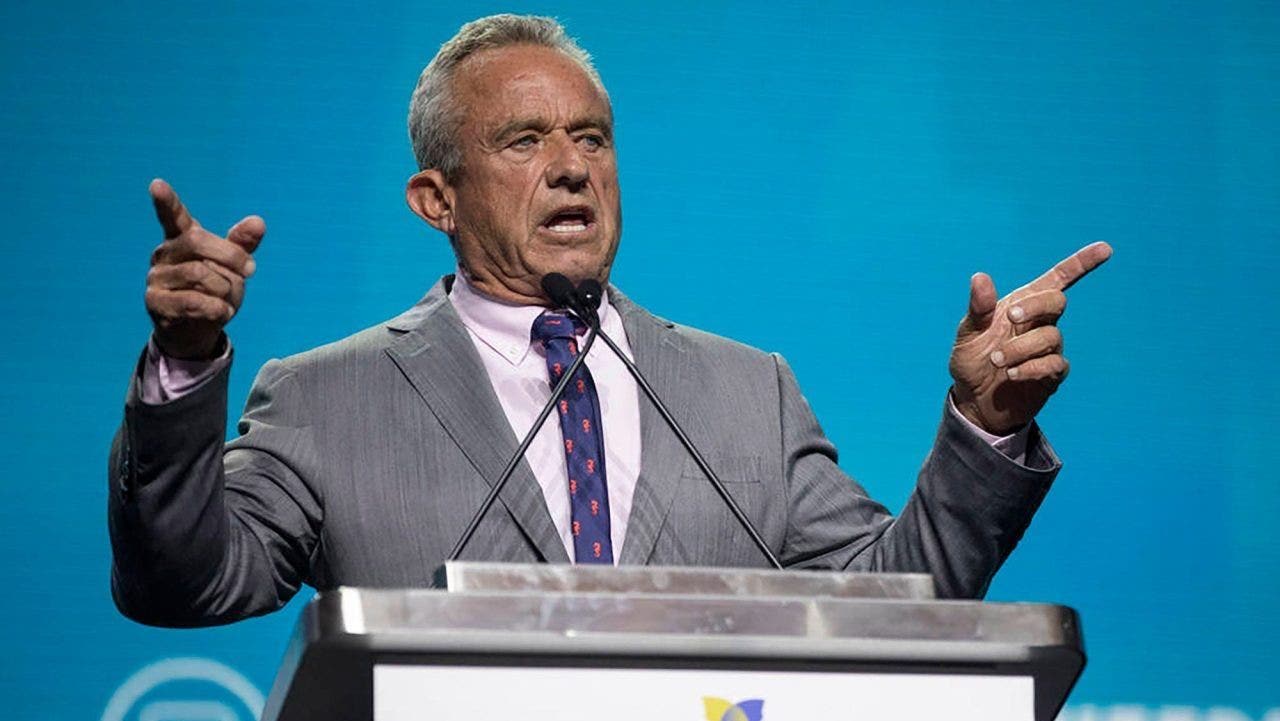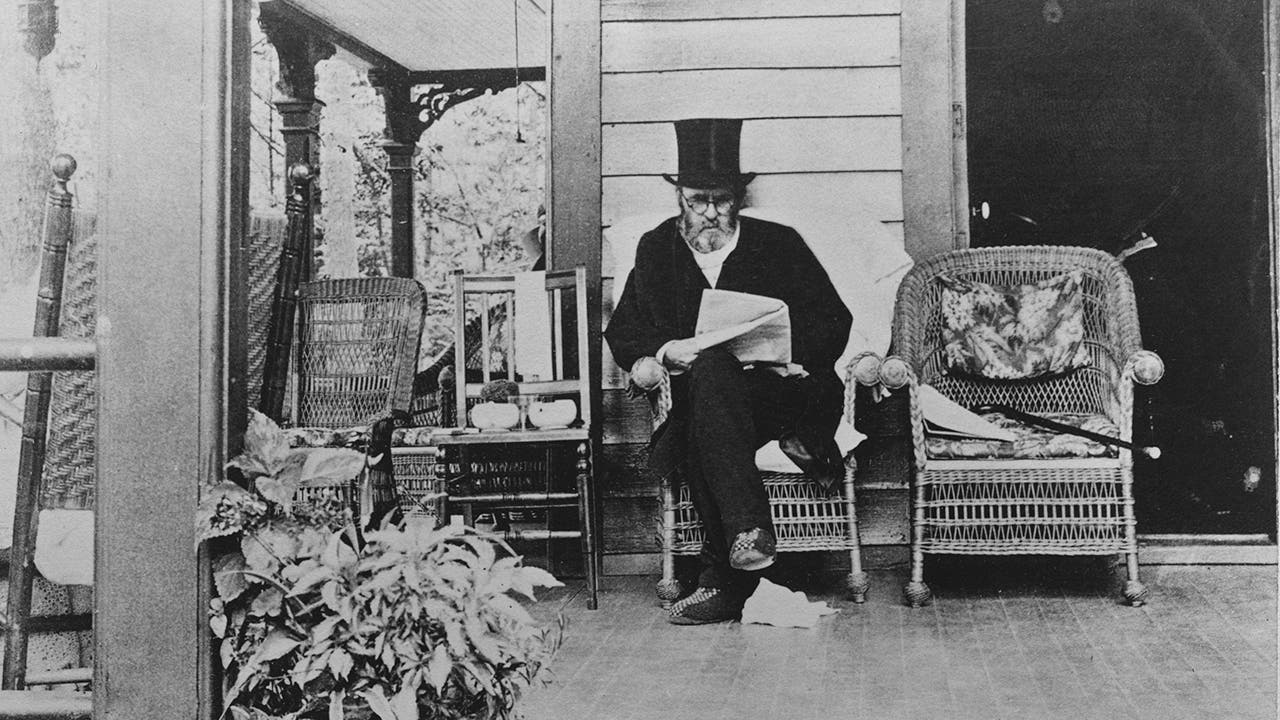- Iranians voted in a presidential runoff between hardliner Saeed Jalili, a former nuclear negotiator, and reformist lawmaker and heart surgeon Masoud Pezeshkian.
- The first round of voting saw the lowest turnout ever recorded in an Iranian election.
- Supreme Leader Ayatollah Ali Khamenei is the final decision-maker on matters of state, but whoever ends up winning the presidency could tilt the country's foreign policy toward confrontation or collaboration with the West.
Iranians voted Friday in a presidential runoff election between a hardline former nuclear negotiator and a reformist lawmaker, with both men trying to convince a skeptical public to cast ballots after years of economic woes and mass protests rocked the Islamic Republic.
The race between hardliner Saeed Jalili and Masoud Pezeshkian, a heart surgeon and longtime member of parliament, comes after a first round of voting saw the lowest turnout ever in an Iranian election, leaving Friday's turnout a major question.
Meanwhile, the war between Israel and Hamas in the Gaza Strip has raised tensions in the Middle East. In April, Iran launched its first direct attack on Israel over the Gaza war, while militant groups that Tehran supplies with arms in the region (such as Lebanese Hezbollah and Yemen’s Houthi rebels) are taking part in the fighting and have stepped up their attacks.
IRAN VOWS TO SUPPORT HEZBOLLAH IN FIGHT AGAINST ISRAEL AS IRGC GENERAL RENEWS THREAT OF IMMINENT MISSILE ATTACK
Iran also continues to enrich uranium to near-weapons-grade levels and maintains an arsenal large enough to build several nuclear weapons, if it so chose. And while Supreme Leader Ayatollah Ali Khamenei remains the final decision-maker on matters of state, whichever man ends up winning the presidency could tilt the country’s foreign policy toward either confrontation or collaboration with the West.
A heavy security presence was visible on the streets of Tehran on Friday, with dozens of polling stations sparsely attended. State television broadcast images of modest queues at polling stations across the country.
Both Jalili and Pezeshkian voted in the south of Tehran, where there are many poor neighborhoods, in an attempt to boost turnout. Although Pezeshkian emerged victorious in the first round of voting on June 28, Jalili has been trying to win votes from people who supported hardline parliament speaker Mohammad Bagher Qalibaf, who came in third and later backed the former negotiator.
Reformist candidate for Iran's presidential election Masoud Pezeshkian waves as he arrives to vote at a polling station in Shahr-e-Qods, near Tehran, Iran, July 5, 2024. (AP Photo/Vahid Salemi)
One voter, Yaghoub Mohammadi, 27, said he voted for Jalili in both rounds.
“It's clean, it doesn't depend on powerful people in the establishment,” Mohammadi said. “It represents those who don't have access to power.”
Samira Sharafi, a 34-year-old voter and mother of a young child, said she voted for the reformist Pezeshkian, despite having voted for Qalibaf in the first round. She described him as “more experienced” than Jalili.
There have been calls for a boycott, including by jailed Nobel Peace Prize winner Narges Mohammadi, although potential voters in Iran appear to have made the decision not to turn out on their own last week, as there is no widely accepted opposition movement operating inside or outside the country.
State television broadcast images of modest queues at selected polling stations across the country as polls opened on Friday.
As has been the case since the 1979 Islamic Revolution, women and those calling for radical change have been excluded from the polls, and the vote itself will not be overseen by internationally recognised observers.
Interior Minister Ahmad Vahidi, who is in charge of overseeing the elections, announced that all polls had opened at 8 a.m. local time.
Khamenei cast one of the first votes of the election from his residence, and was captured by television cameras and photographers as he deposited the ballot into the ballot box.
“I have heard that people's enthusiasm is greater than before,” Khamenei said. “God willing, people will vote and choose the best candidate.”
However, Khamenei said on Wednesday that those who did not vote last week were not against the country's Shiite theocracy.
“There are reasons behind this issue that should be examined by sociologists and those involved in politics,” he said.
More than 61 million Iranians aged 18 and over are eligible to vote, with about 18 million of them between the ages of 18 and 30. The polls are scheduled to end at 6 p.m. local time, but traditionally run until midnight to boost turnout.
CLICK HERE TO GET THE FOX NEWS APP
Friday's election is only the second round of presidential elections in Iran since 1979. The first was in 2005, when hardline leader Mahmoud Ahmadinejad defeated former President Akbar Hashemi Rafsanjani. Under Ahmadinejad, Iran faced international sanctions over its nuclear program as well as the 2009 Green Movement protests and the crackdown that crushed them.
Pezeshkian's supporters have been warning that Jalili will bring a “Taliban”-style government to Tehran, while Jalili has criticised Pezeshkian for running a scaremongering campaign.
The election comes after the late President Ebrahim Raisi, 63, died in a helicopter crash on May 19 that also killed the country’s foreign minister and others. He was seen as a protégé of Khamenei and a possible successor as supreme leader. Still, he was known to many for his involvement in Iran’s mass executions in 1988 and for his role in the bloody crackdown on dissent that followed protests over the 2022 death of Mahsa Amini, a young woman detained by police for allegedly improperly wearing the mandatory headscarf, or hijab.

